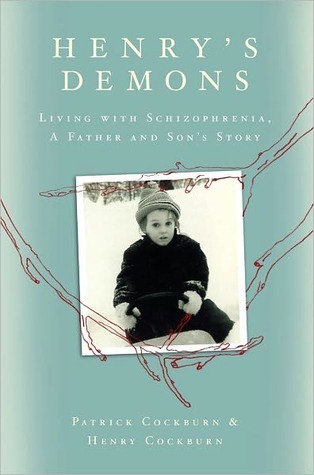|
Henry's Demons
This sensitive story of a family's battle with schizophrenia looks at the ignorance and
stigma that often accompany any mention of mental illness. The Cockburns,
a tightly knit family, are severely tested by the pressures of a loved
one undone by his mind and locked away for seven years in a mental hospital.
Told in alternate views, both father and son write candidly of the illness,
medications, and numerous hospitalizations, along with harrowing descriptions
of visions and voices. This straightforward, unsentimental book is a bold plea
for more research and cutting-edge therapies to combat mental illness.
|

|
|
The Spirit Catches You and You Fall Down
Foua and Nao Kao, were part of a large Hmong community in Merced, CA, refugees from the CIA-run
"Quiet War" in Laos. The Hmong have been less amenable to assimilation than most immigrants, adhering steadfastly
to the rituals and beliefs of their ancestors. Lia's pediatricians cleaved just as strongly to another tradition:
that of Western medicine. When Lia Lee, just three months old, entered the American medical system, diagnosed as
an epileptic, her story became a tragic case history of cultural miscommunication.
The Hmong see illness and healing as spiritual matters linked to virtually everything in the universe, while
medical community marks a division between body and soul, and concerns itself almost exclusively with the former.
Lia's doctors ascribed her seizures to the misfiring of her cerebral neurons; her parents called her illness,
qaug dab peg--the spirit catches you and you fall down--and ascribed it to the wandering of her soul.
|

|
|
Blink: Life After Locked-in Syndrome
This is the remarkable true story of a young woman’s courage, strength and determination to beat the odds,
despite her enduring the medical equivalent of being buried alive. David Nette narrates the events that tore him and
his wife Sandy apart and then brought them closer than ever, sharing the trials and triumphs of their unique relationship.
|

|
|